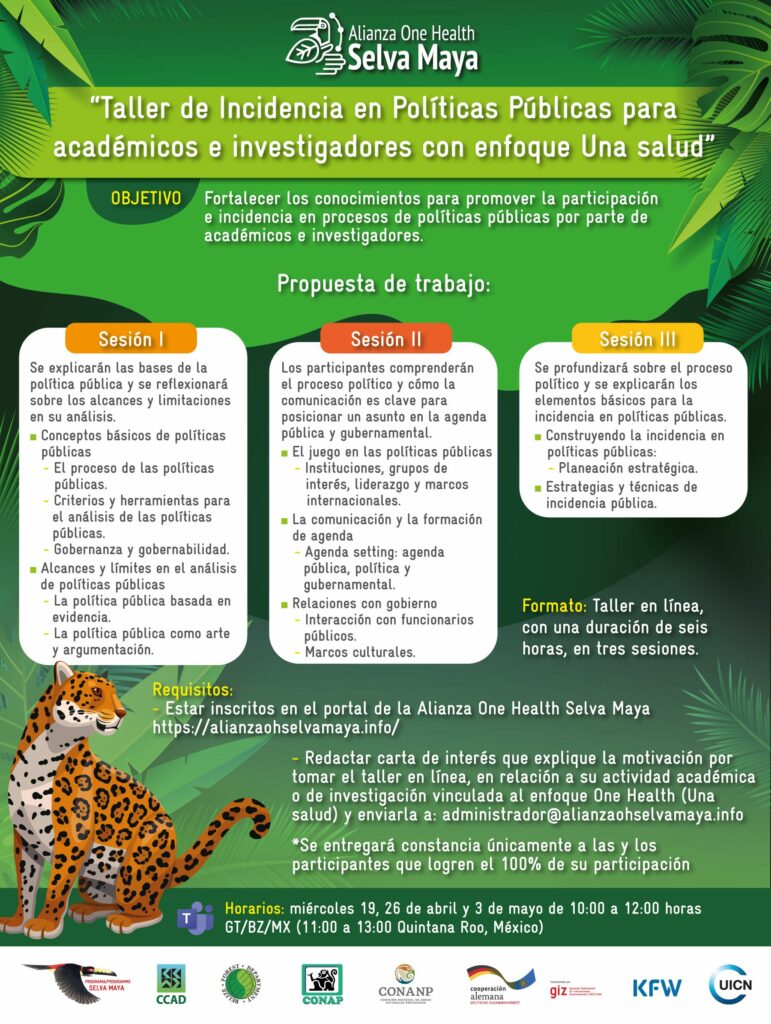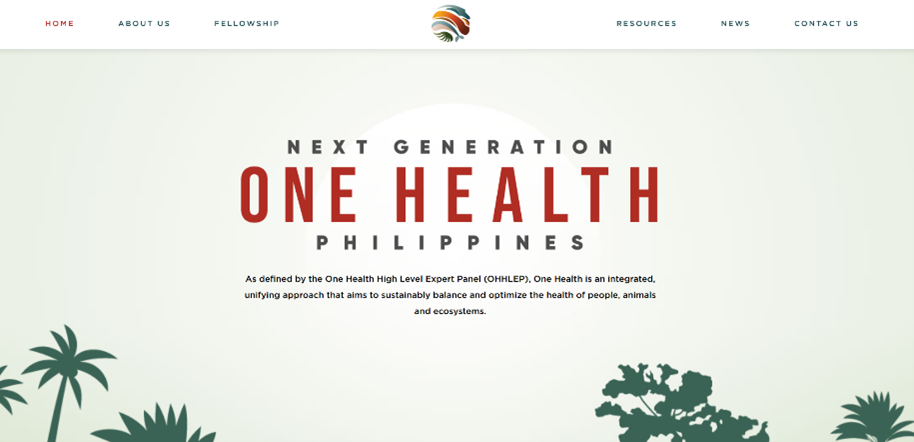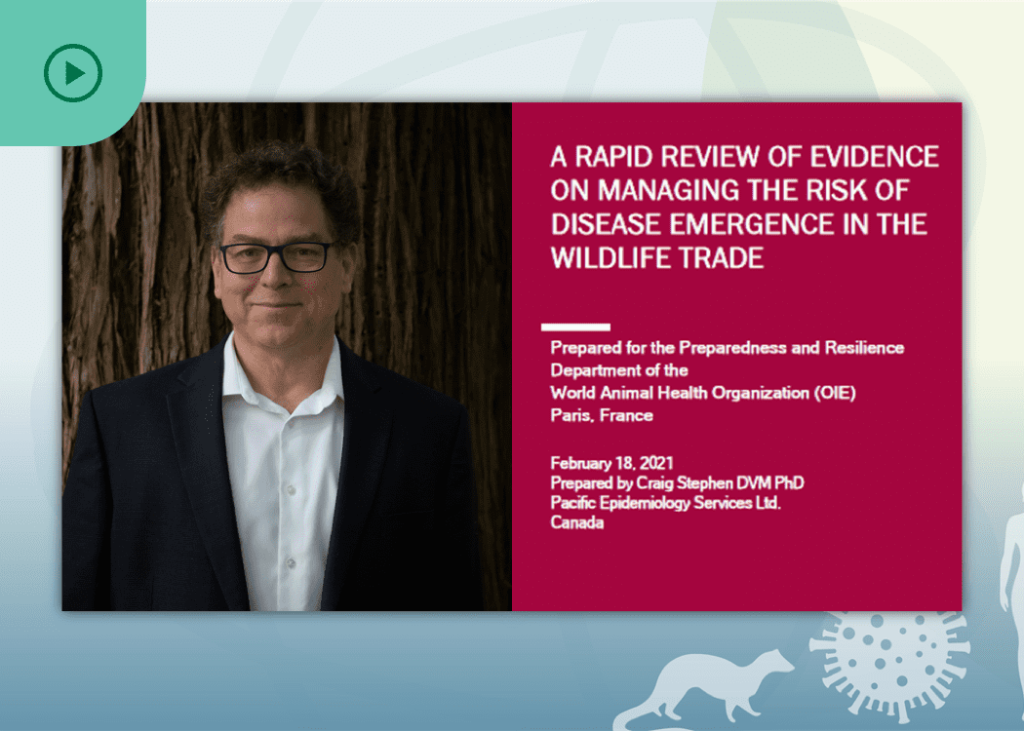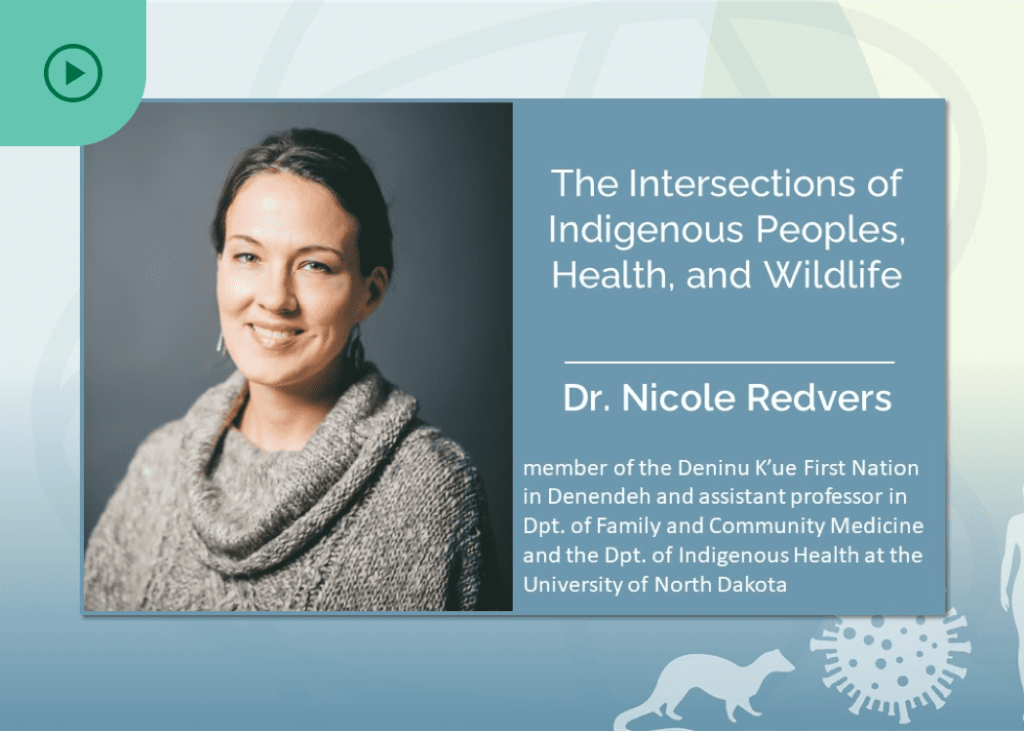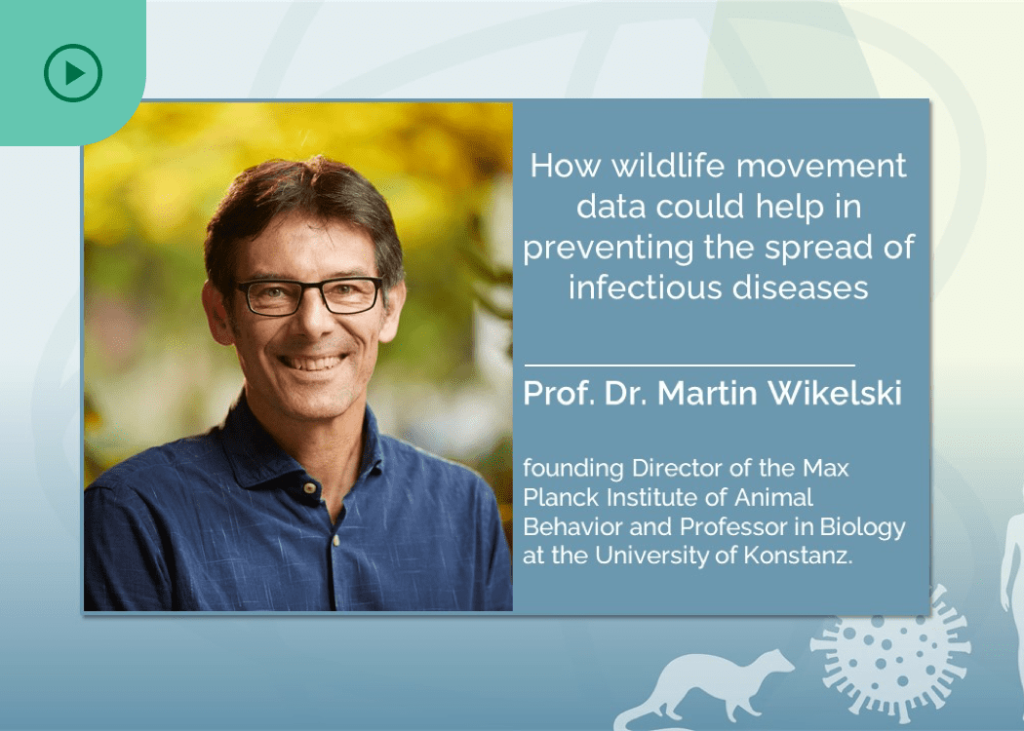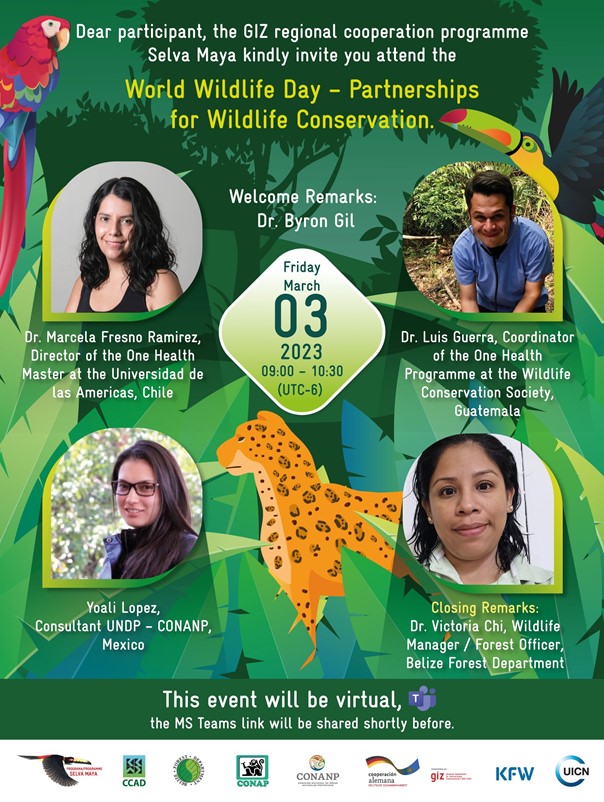Indigenous peoples make up just 5% of the world’s population, yet they manage 25% of the earth’s land and support 80% of the earth’s biodiversity. Tropical forest protection is key to lowering the Earth’s temperature by 1.5 degrees Celsius and meeting the pledge set forth by the Paris Climate Agreement in 2015. Appropriate mechanisms must be identified to create a trustworthy environment to listen, learn and understand the importance of being guided by Indigenous and local communities to be able to develop inclusive and effective lines of action for primary pandemic prevention.
Radical Listening is an example of contextualizing the perspectives of rainforest communities as implemented by Health in Harmony. Internationally coordinated and cooperative approaches to identify and reduce health risks from our distorted relationship with nature and wildlife must be inclusive and respectful of Indigenous knowledge systems and their communities needs and traditions. To create a platform to foster exchange, aiming to reduce the risk of future pandemics, the International Alliance against Health Risks in Wildlife Trade is cordially inviting you to the upcoming
Expert Talk with Dr. Sakib Burza
Wednesday, March 1st, 14:00-15:15 CET
By partnering with local organizations and governments, Health in Harmony works alongside 135,000 Indigenous, Traditional, and rainforest peoples, protecting over 8.8 million hectares of high-conservation value rainforest in Indonesia, Madagascar, and Brazil. Sakib Burza will explore how this approach relates to the Alliance’s work, what insights from Health in Harmony’s scientifically confirmed work should be included in regulatory frameworks, and what conclusions might be drawn for members of the Alliance.
About the speaker
Dr. Sakib Burza directs the medical and emergency response components of Health in Harmony, while also developing the evidence base of operationalising planetary health. Sakib has been working in the humanitarian health sector since 2003, gaining experience across Africa, Asia and the Middle East, most recently completing a 6-year stint as the Asia Medical Operations lead for Doctors Without Borders, Spain. Through working with many human made and natural disasters, Sakib learned that a focus purely on human health without understanding and utilizing the role of the shared environment was a great missed opportunity to improve the wellbeing of all living beings, and not doing so would ultimately result in a cycle of failure.
A practicing physician, Sakib maintains an honorary Associate Professor position in the Clinical Research Department at the London School of Hygiene and Tropical Medicine, and is a Visiting Professor at the Institute of Tropical Medicine at Nagasaki University. Sakib received his medical degree from the University of Edinburgh and a Family Medicine specialization from the Royal College of General Practitioners. He then completed a Masters of Science in Public Health in Developing Countries at the London School of Hygiene and Tropical Medicine, and then a PhD in Medicine at the Institute of Tropical Medicine in Antwerp. He is interested in neglected tropical diseases, apes, mountains, kayaking, tall trees, and his family (not in that order…).
About the Alliance
The International Alliance against Health Risks in Wildlife Trade serves as an inclusive and interdisciplinary platform to discuss challenges and formulate solutions vis-á-vis human-wildlife interfaces and associated health risks and the emergence and spread of zoonotic pathogens from wildlife. The Alliance is aiming to enhance international and national awareness, knowledge, policies and action, not least by narrowing the gap between science and implementation.
We are very much looking forward to jointly learning from Sakib Burza’s findings. Please feel free to forward and share this invitation with interested colleagues.
